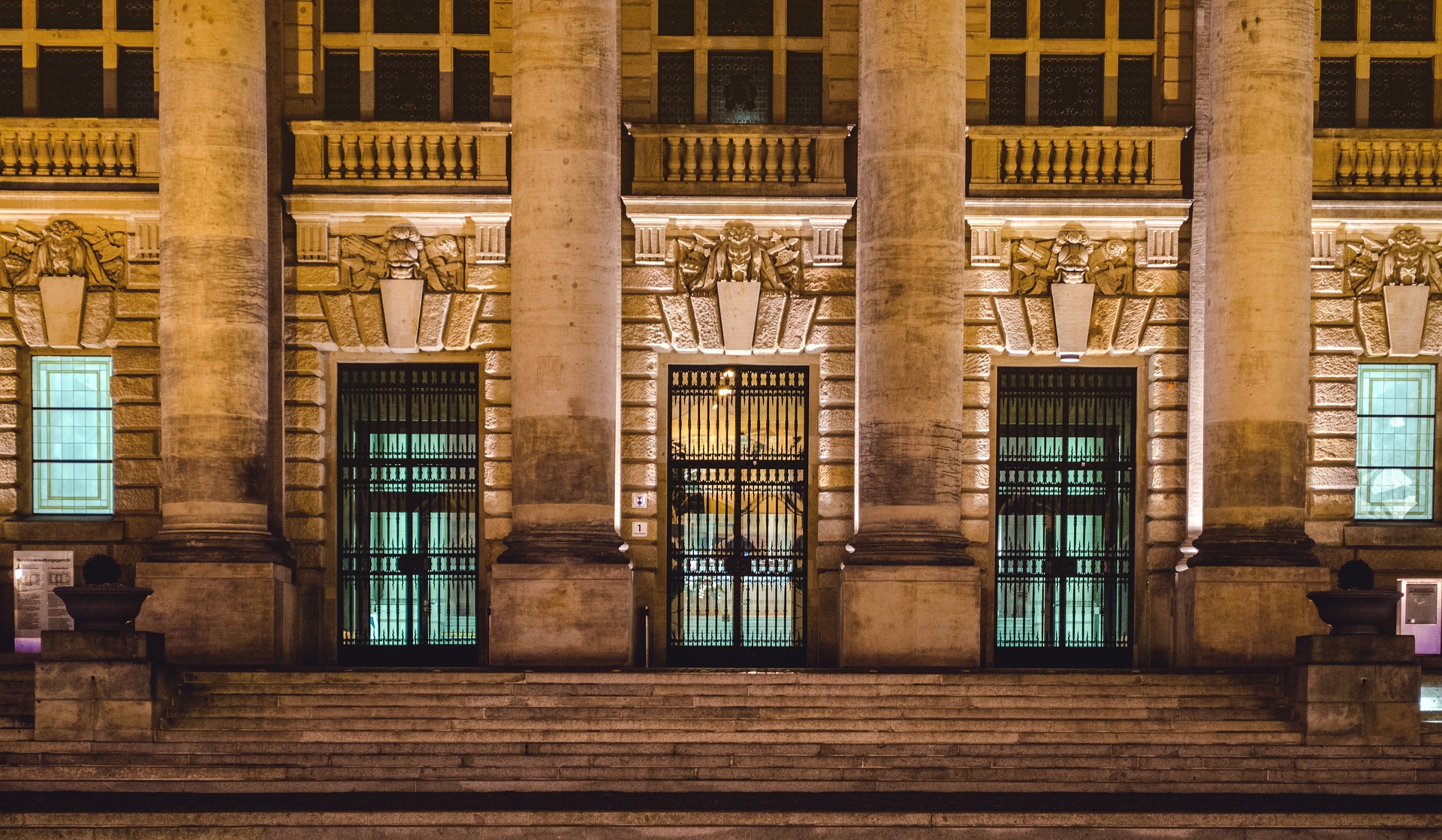If you end up in court, chances are it’s for something pretty important.
Maybe your landlord or mortgage lender is trying to evict you from your home. Maybe you’re being prosecuted for a crime you didn’t commit. Or maybe you’re getting divorced and can’t agree on who should have custody of your children.
We rarely want to end up in court, but what happens when we get there can have a significant impact on our lives. Shouldn’t we all have the right to be properly represented?
The right to a fair trial
 Image Credit: Jeremy Bishop/Unsplash
Image Credit: Jeremy Bishop/Unsplash
We all have the right to a fair trial. This has long been recognised in UK common law and it is also protected by Article 6 of the Human Rights Convention.
The right applies to both criminal and civil cases. It requires a “fair and public hearing within a reasonable time by an independent and impartial tribunal established by law”.
One of the key tenets of Article 6 is that it requires “equality of arms” between the parties. This means that each side must have the same opportunities, so as to create a level playing field.
So does that mean you’re entitled to legal representation?
Unfortunately it’s not that simple.
In relation to criminal offences, Article 6(3)(c) provides that everyone has the right “to defend himself in person or through legal assistance of his own choosing or, if he has not sufficient means to pay for legal assistance, to be given it free when the interests of justice so require”. However, this says nothing about the quality of assistance you will be afforded if you can’t pay.
Further, Article 6 doesn’t give you an automatic right to free legal representation in civil cases, even if the case has been brought against you, or if the case is one you must pursue to obtain justice from the state on behalf of yourself or your family, for example if a loved one has died in police custody.
If you can show that legal representation is “indispensable for effective access to court” (i.e. that your case is far too complicated for you to represent yourself properly), there may be a breach of Article 6 if you don’t get help with your legal costs, and this has been argued in several cases where legal aid is unavailable.
What is legal aid and when is it available?
Legal aid is a form of government funding to subsidise access to lawyers for those who cannot afford them. However, legal aid has been substantially cut back over recent years and removed from entire areas of law. You now can’t get legal aid for many kinds of cases, including family law, clinical negligence, employment law or issues around debt and housing. In other areas, for example crime and mental health, the low rates available often mean that law firms are unable to take cases on a legal aid basis if they are to survive as businesses.
This means that people on low incomes are effectively being denied access to justice. As Amnesty International have pointed out, the cuts have created a “two-tier justice system”, leaving the most vulnerable in society without legal support.
This issue was the subject of the recent Bach Commission report, which recommended that the right to justice should be enshrined in an Act of Parliament to ensure that nobody is denied legal assistance because they can’t afford it.
A Growing Problem in UK Courts

Image Credit: Level 17 / Pixabay
In September, a senior family judge, talking about the impact of legal aid cuts, said that it was “shaming” to preside over cases in which individuals are forced to represent themselves. Mr Justice Bodey explained how he sometimes had to help litigants in person by cross-examining witnesses on their behalf.
Recent research has found that more people than ever are facing a trip to court without a lawyer to help them. More worrying still, the statistics show a large proportion of those people have few or no qualifications, and many do not have English as a first language.
Even for those who are well-educated and speak English fluently, court proceedings can be confusing and opaque. When it comes to researching the law, many resources are not publicly available.
Without a lawyer to help you, it may be impossible to know if you have a good argument, or know how to present your case.
The law is complicated and, without a lawyer, it could be impossible to assess whether you have a good argument, or know how to present your case. If your opponent has legal representation, you are at a particular disadvantage. A judge can’t give you legal advice or tell you what to argue.
The result is that people may leave court having been made homeless, bankrupt, or without access to their children. Some are taken from the courtroom to prison. The outcome is rarely insignificant. Put simply, if people are unable to access professional legal advice, the scales will always be unevenly weighted. There will be no equality of arms.
If the right to a fair trial really is for everyone, then those without the means to afford their own legal advice and representation must be provided with the necessary financial assistance to access justice.






